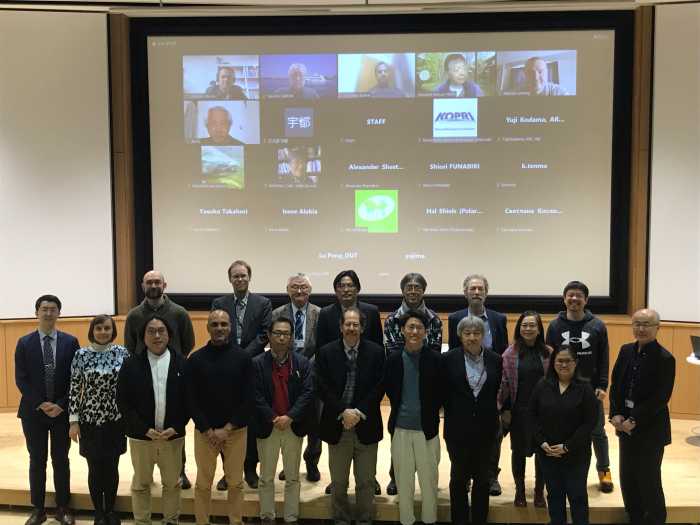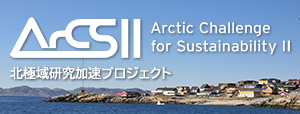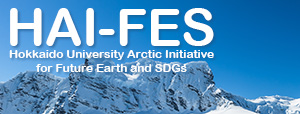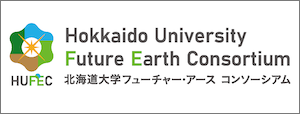The 2nd HAI-FES International Workshop was held both online and in-person. The face-to-face workshop was held on February 27, 2024 in the Multi-purpose Hall of the Global Center for Food and Medical Innovation at Hokkaido University. Approximately 30 online participants and 20 in-person participants gathered. A significant number of online participants were from overseas. The first workshop was held in March 2023 (https://www.arc.hokudai.ac.jp/en/230317-1/).
HAI-FES is one of the Hokkaido University Functional Enhancement Promotion Programs, and one of its objectives is to form a network of researchers and institutions engaged in problem-solving interdisciplinary and transdisciplinary research in the Arctic region. The purpose of this workshop was to bring together researchers and institutions in the mid-latitude region, mainly in Asia, to discuss issues and points to keep in mind regarding research activities related to society in the Arctic region.
The workshop consisted of three keynote speeches and three sessions. First, Ilan Chabay gave the keynote address on “Shared Meaning Making for Decision Making on Sustainable Futures in the Arctic (and Beyond).” He provided an example of how humans make decisions based not on the available data itself, but on their interpretation and meaning making of the data, as well as the emotional and cultural context in which they make these decisions. The second keynote address was given by Dr. Meiji Honda on “Impacts of Arctic Climate Change on Mid Latitudes and Preparedness.” The third keynote address was given by Paul Berkman on “Science Diplomacy with Informed Decisionmaking for Arctic Sustainability”. He emphasized the importance of sustained “dialogue” in any international relationship, and that it is the common interest of both sides that sustains it.
Following Ilan Chabay’s keynote address, Fujio Onishi moderated Session 1 on “Social Change for a Better Future – Lessons from the Arctic Circle.” Panelists Ria Lambino, Paul Berkman, and Ilan Chabay commented in the audience, and Tetsuzo Yasunari commented online. In this context, Dr. Yasunari reaffirmed the need for Arctic research and called for the promotion of scientific research for sustainable development.
In Session 2, which began after lunch, Natsuhiko Otsuka moderated a presentation and discussion on Arctic research initiatives in Asian institutions and countries. Vijay Kumar online from India gave an overview of Indian Arctic research and India’s Arctic policy. Hwa Chien from Taiwan, from the audience, gave an overview of Taiwan’s Arctic research and the Taiwan Institute of Polar Research, which was established last year at National Central University. Hyoung Chul Shin from Korea gave an online presentation on why Korea is committed to Arctic research, introducing Korea’s Arctic research.
The third session, moderated by Juha Saunavaara, provided stakeholders with their thoughts on ongoing Arctic projects in which they are involved. Ria Lambino presented “”Transdisciplinary Research Networks: Potentials and Pitfalls – Insights from outside the Arctic.” Nicholas Parlato presented on “Community-Driven Research and Co-Production of Knowledge with Arctic Indigenous Peoples” and Otsuka explained the “Concept of Arctic Area Study-Toward the Integrated Arctic Study.”

Group Photo:








